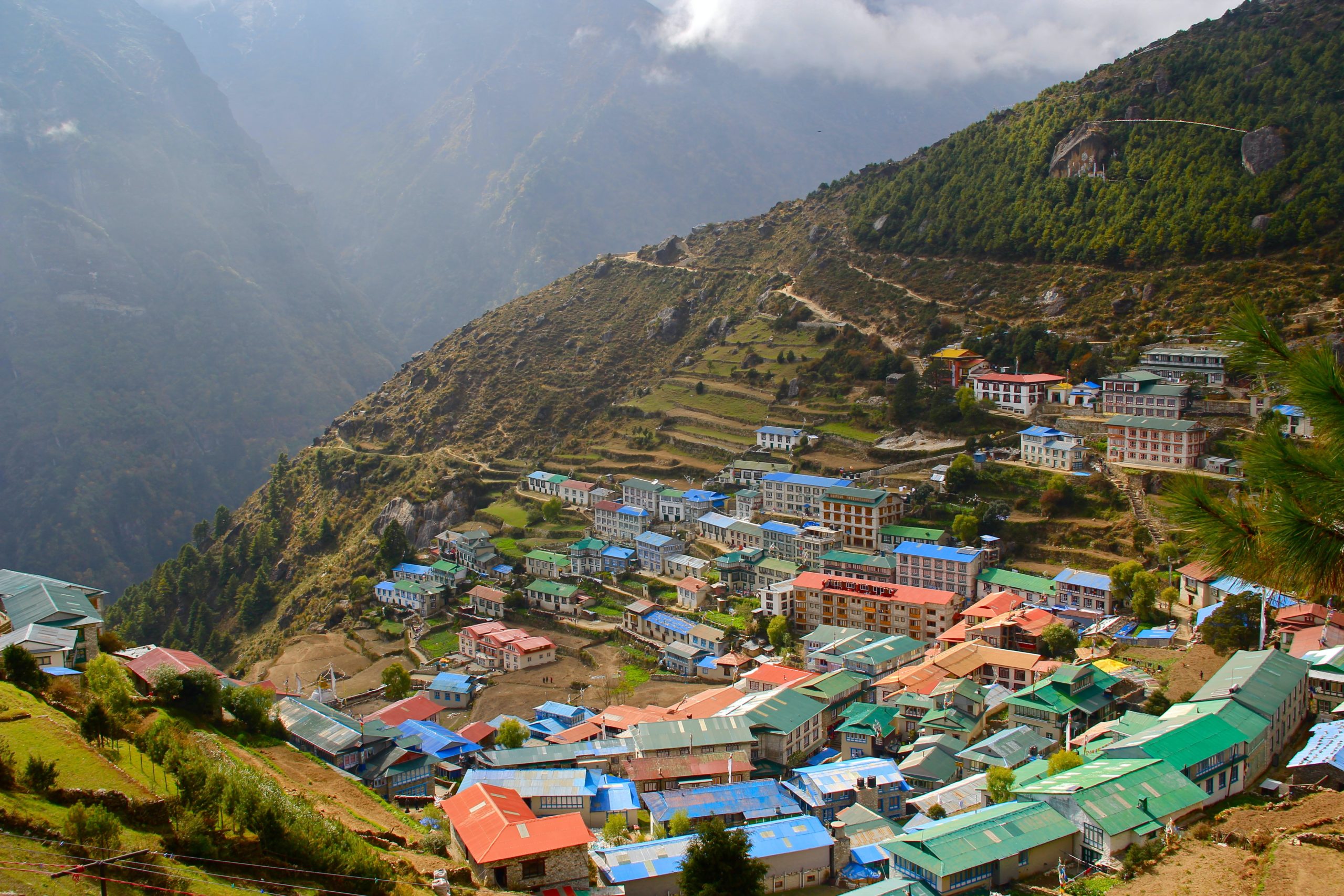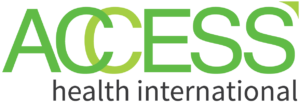In 1995, Nepal had less than 50 internet users. By February 2020, this number surpassed 21 million, or more than 71 percent penetration rate. In other words, there was over 400,000 times the number of internet users in 2020 as there was just 25 years prior. In addition to this, the country’s mobile phone penetration has increased exponentially in the last decade. The rapid rise in the usage of the internet and mobile devices in Nepal has opened up many new opportunities for the government of Nepal and other key stakeholders – from healthcare to fintech to agriculture – to better plan and implement programs that capitalize on the high usage rates and increased knowledge of digital platforms. Under Fintech for Health, we hope to see the Nepali government and related agencies developing and adopting fintech platforms for not only increasing access to financial services, but also making it easier for Nepalis to pay for high-quality healthcare services.
Two main challenges in Nepal are the rough terrain making internet and mobile phone connectivity difficult in many low-income rural areas and lack of knowledge about digital platforms, which leaves these populations behind as healthcare advances more into the digital age.
To further explore these pain points, Fintech for Health in Nepal organized a roundtable which brought together various healthcare, government, and fintech partners to discuss healthcare payments challenges, discuss the extent of out-of-pocket costs for healthcare, and explore potential areas of collaboration. The government sector was represented by
Nepal Rastra Bank, the Central Bank of Nepal which has been working hard to form private-public partnerships to advance Nepalis’ access to digital financial services. The bank also runs financial literacy programs and awards licences to private firms to ease financial transactions through technology-backed online platforms. A leader in the field of digital finance,
F1 Soft Nepal spoke of how to expand their
e-SEWA platform to address the needs of the low- and moderate-income populations through better integrated healthcare and financial services.
Nepal office also welcomed development partners to the roundtable such as the World Bank country office in Nepal, USAID, and Save the Children. These multilateral and non-governmental organizations brought their program perspectives, encouraged participants to work together to align interests and streamline efforts, discussed funding opportunities, and showed support for expanding access to affordable healthcare services in Nepal.
The discussion highlighted potential partnerships under Fintech for Health that will be explored further and showed the need for more talks around the subject of healthcare affordability challenges in Nepal. For inquiries or input on the Fintech for Health program in Nepal, please contact Adrienne Mendenhall at
adrienne.mendenhall@accessh.org



